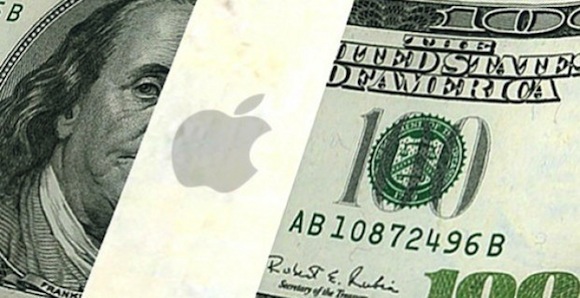A final pricing term sheet filed with the U.S. Securities and Exchange Commission on Friday shows Apple has raised $10 billion in debt via a nine-part bond sale of both fixed and floating rate notes.

The nine-part sale includes:
- $500 million maturing in 2019 with a floating interest rate based on three month LIBOR plus 8 basis points
- $500 million maturing in 2020 with a floating interest rate based on three month LIBOR plus 20 basis points
- $1 billion maturing in 2022 with a floating interest rate based on three month LIBOR plus 50 basis points
- $500 million maturing in 2019 with a fixed 1.55% interest rate
- $1 billion maturing in 2020 with a fixed 1.9% interest rate
- $1.5 billion maturing in 2022 with a fixed 2.5% interest rate
- $1.75 billion maturing in 2024 with a fixed 3% interest rate
- $2.25 billion maturing in 2027 with a fixed 3.35% interest rate
- $1 billion maturing in 2047 with a fixed 4.25% interest rate
Although Apple held $246.1 billion in cash and marketable securities last quarter. The lion’s share of that money (around 94%) is held overseas. That cash would be subject to a high tax rate if repatriated to the U.S.
President Donald Trump made a campaign promise to make it more attractive for companies like Apple to repatriate their offshore cash caches, but nothing concrete has as yet been proposed by the new President. Until that happens, it’s cheaper for Apple to finance its operations via bond sales, given its low-risk Aa1/AA+ bond credit rating.
Traditionally, Apple has used the funds raised by bond sales to fund dividend payments to shareholders, as well as its stock buyback program. The company also makes use of the funds for general purposes, including repayment of other debt and acquiring other companies.
(Via MacRumors)


